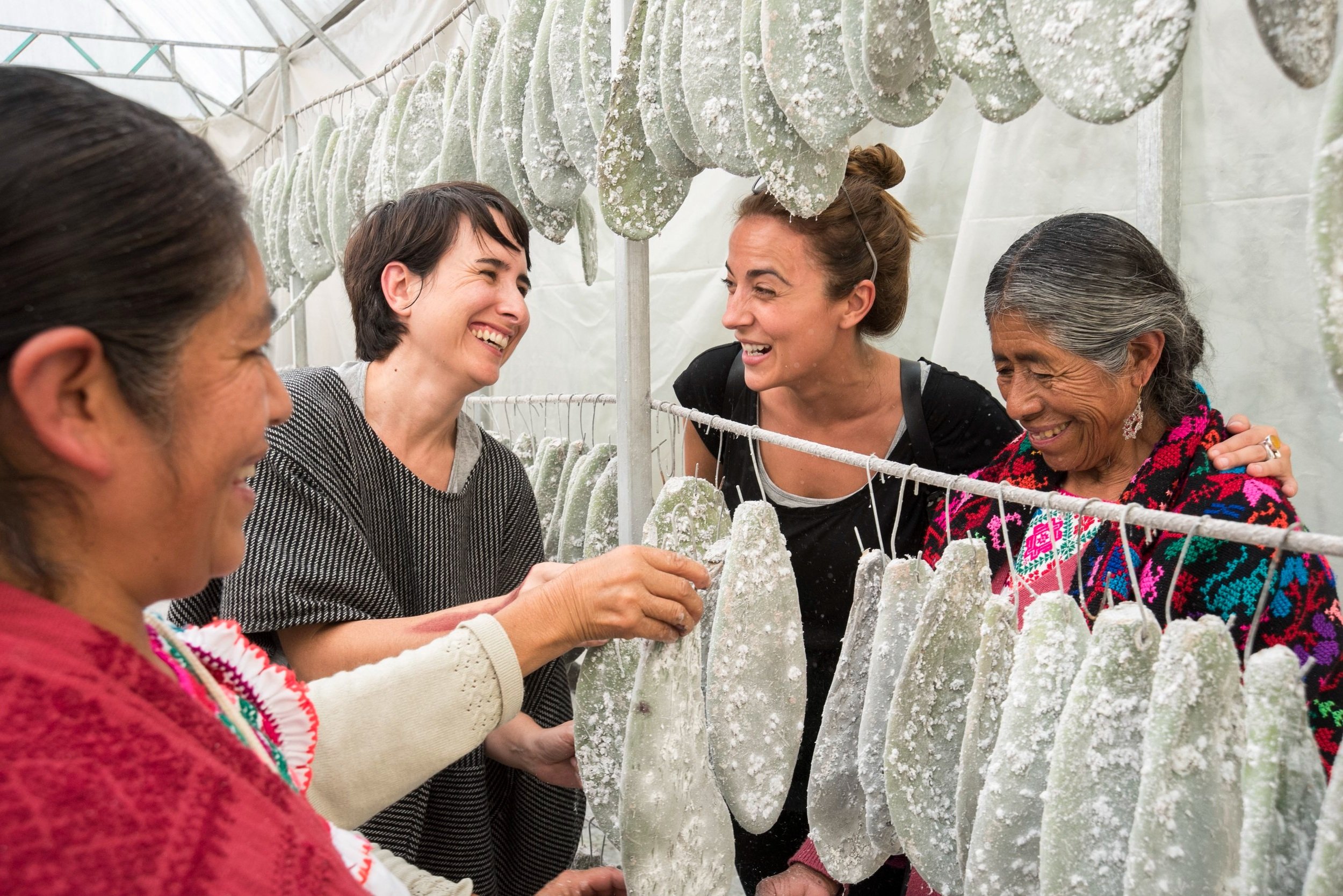
Empowering Communities to Create Lasting Change
Creative Learning partners with locally-led initiatives in overlooked areas, exchanging knowledge and resources to improve lives and build a more peaceful world.
› sharing knowledge
› changing lives
› Community-Driven partnership
Who We Are
Creative Learning is a global organization driven by the belief that sustainable change begins with empowering local communities. For over 45 years, we’ve partnered with individuals and organizations in underserved areas to exchange knowledge, build capacity, and create opportunities. From empowering artisans and fostering global education to strengthening human rights and advancing peace, we address critical needs through locally-led, impactful initiatives.
By combining our expertise across four unique focus areas, we aim to not only improve lives but also leave behind lasting systems of support, ensuring communities can continue to thrive long into the future.

Practical support, designed for sustainable partnerships.
Creative Learning fosters locally-led solutions to improve lives and livelihoods worldwide. Through its four focus areas—HANDMADE to MARKET, Human Rights & Advocacy, Peace & Security, and Global Education Initiatives — Creative Learning empowers artisan businesses, strengthens human rights, builds pathways to peace, and promotes education.
OUR FOCUS AREAS
HUMAN RIGHTS & ADVOCACY
Empowering local partners in their pursuit for justice and the advancement of human rights.
PEACE & SECURITY
Empowering peacemakers to make lasting change in their communities.
Partnering for Positive Change
community & Education
Empowering emerging leaders through immersive educational programs.
Empowering artisan businesses to sustainably thrive in today’s global market.


